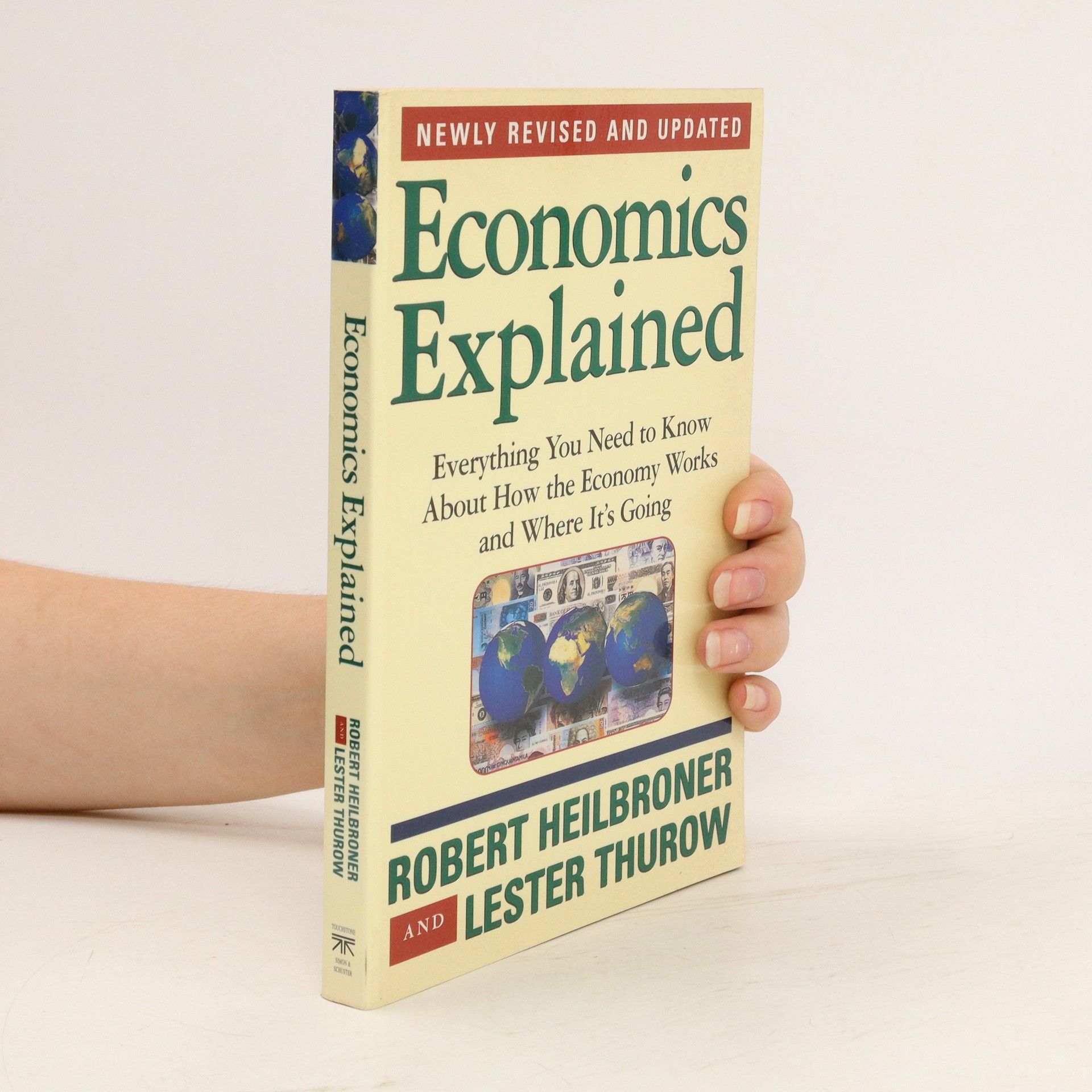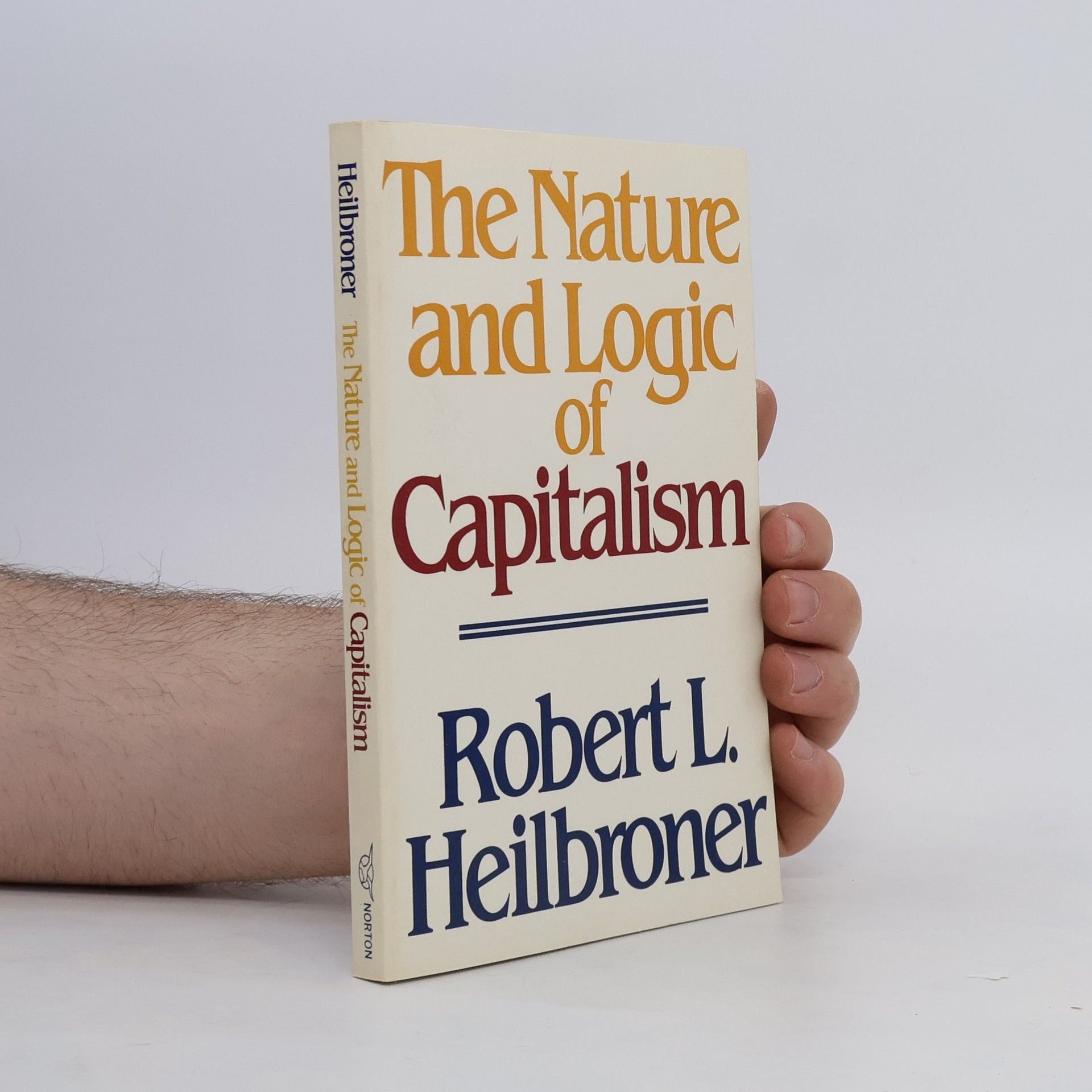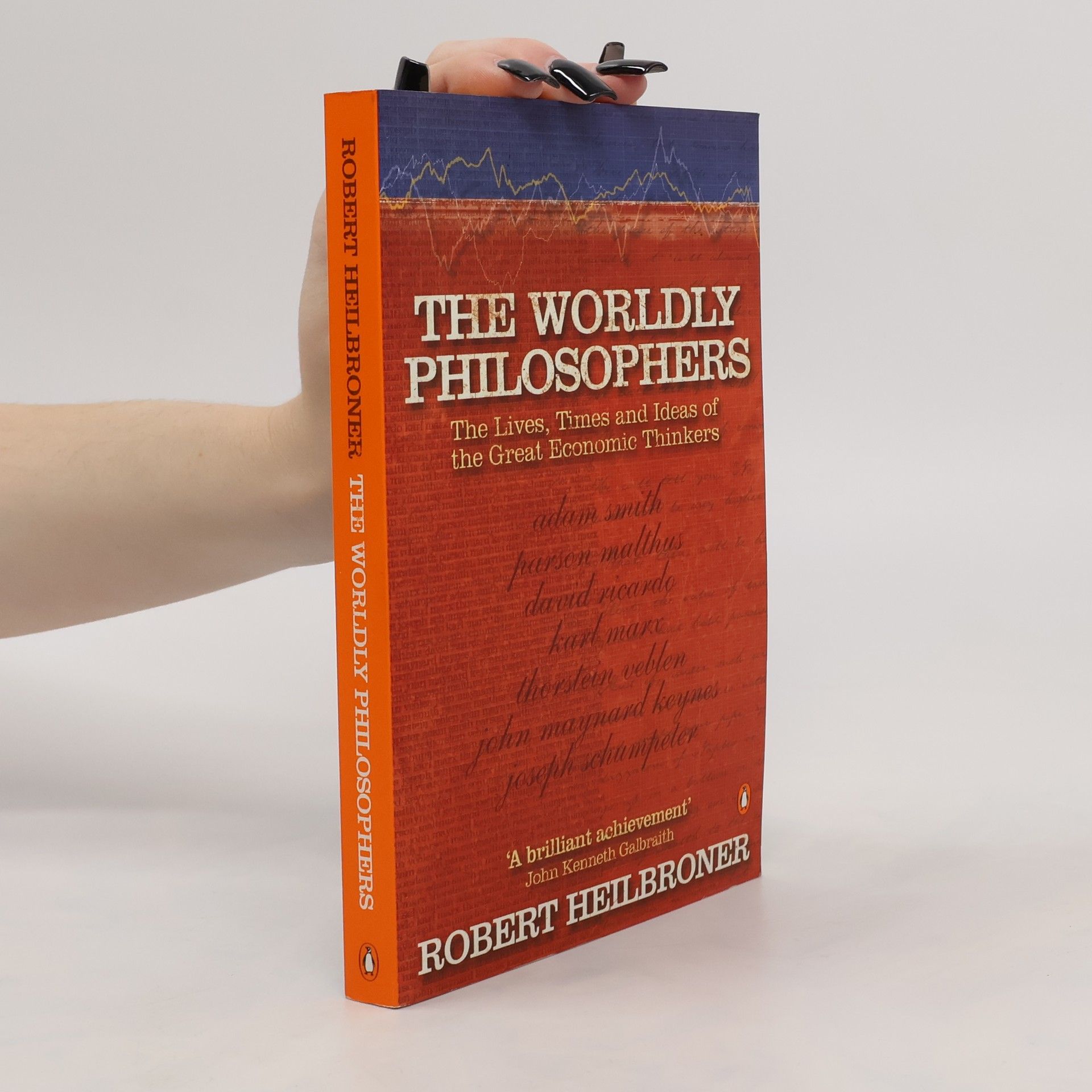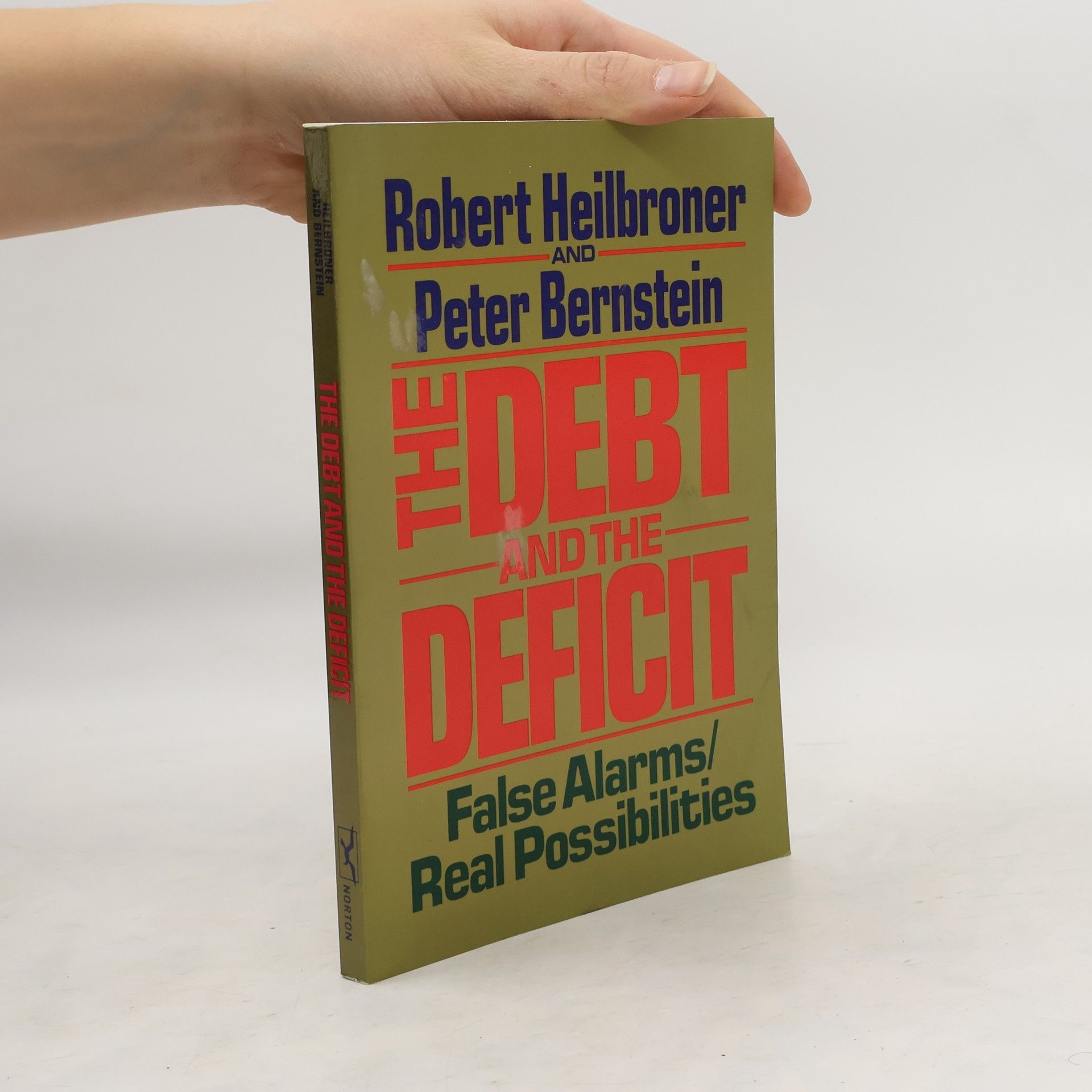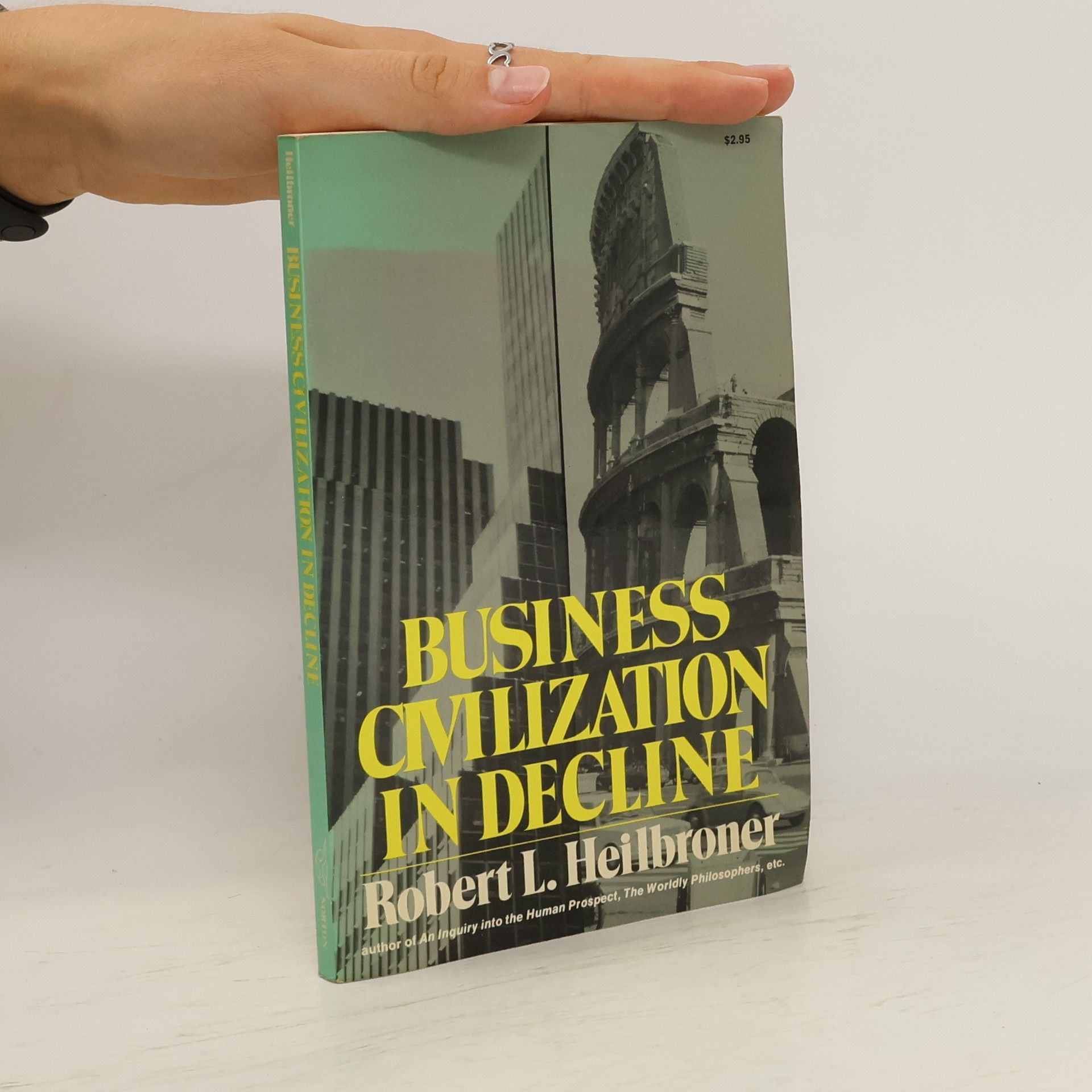The Worldly Philosophers
- 368 pages
- 13 hours of reading
The final revision of this classic bestseller, the 7th edition defines the common thread linking the world's greatest economic thinkers and explores the philosophies that motivate them. Hailed by Galbraith as a "brilliant achievement", The Worldly Philosophers with over 2 million copies sold worldwide, not only enables us to see more deeply into our history, but helps us to better understand our own times. Heilbroner provides the new theme that connects thinkers as different as Adam Smith andKarl Marx: the desire to understand how a capitalist society works. A new chapter conveys a concern that today's increasingly "scientific" economics may overlook fundamental social and political issues that are central to economics.



